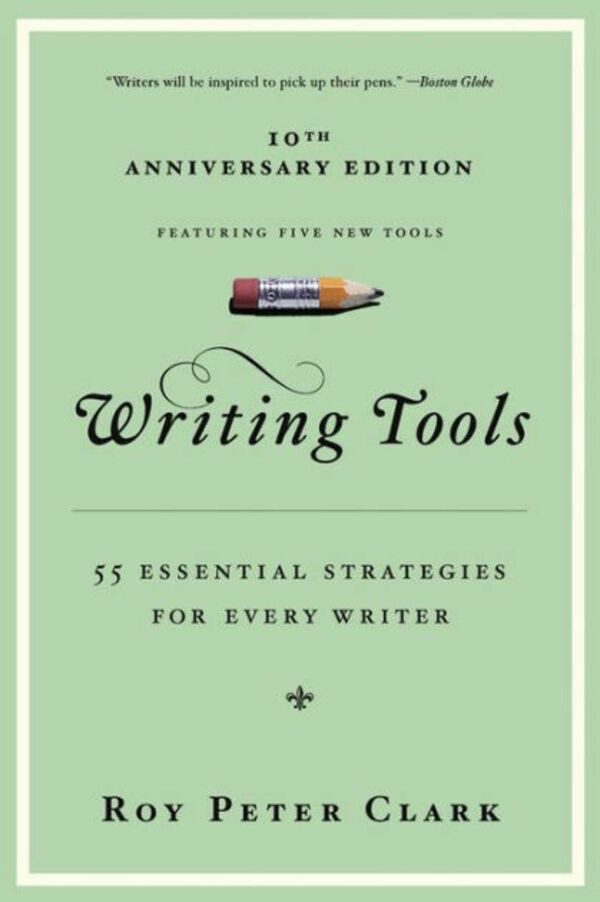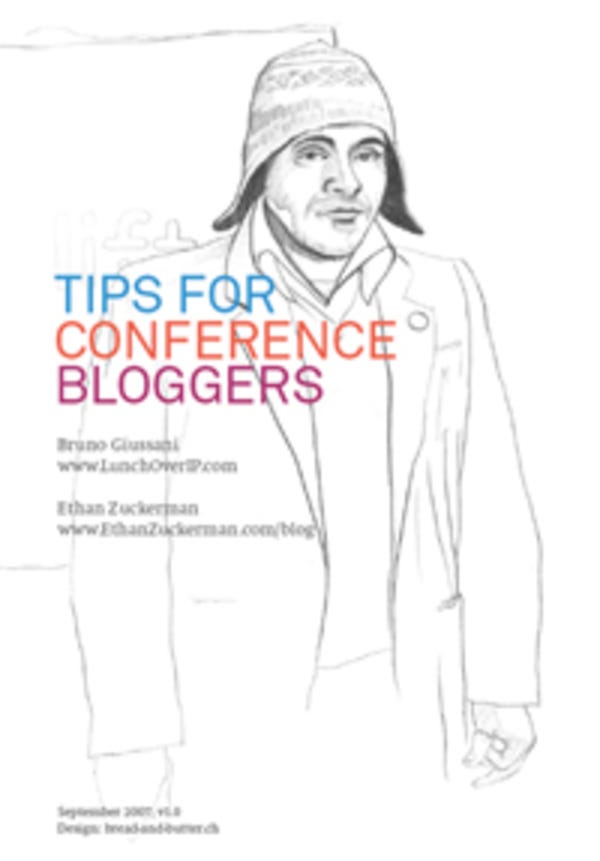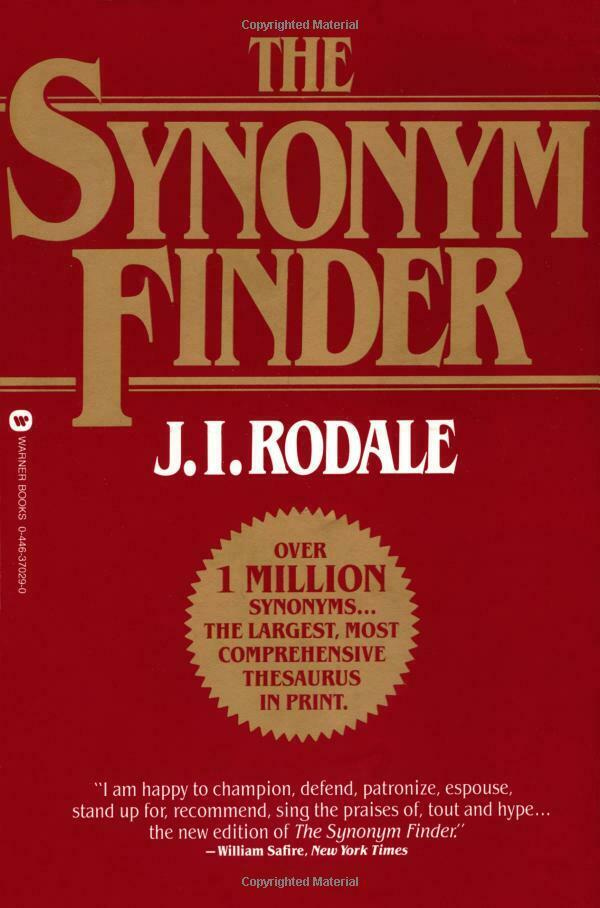Everything is Miscellaneous
How digital disorder could enhance knowledge
This is a book about authority, order, information and knowledge — the evolution of the latter and the limitations imposed by the former. This hyper-intelligent journey through the history of classification (ex; library card catalogues) and the current climate (ex; tagging) makes an engaging case for the virtues of seemingly counterintuitive “messiness.” The anecdotes are lively, and the range of subjects is satisfying and entertaining: Dewey’s Decimals, our silverware drawers, Hamlet, the Federal Highway Administration, Wikipedia, intertwingularity, our family photo albums, and Darwin. Reading this reminded me how wonderful it is to be witnessing the development of new ways of collaborating and why we should all stay tuned in to see where all of this is headed. Whether you’re a skeptic or a steadfast believer in the great promise and possibility of the digital, these are ideas worth visiting. The “Social Knowing” chapter alone should be mandatory reading for all teachers.
— Steven Leckart
Everything is Miscellaneous: The Power of the New Digital Disorder
David Weinberger
2007, 288 pages
$17
Available from Amazon
Sample excerpts:
Imagine two people editing and reediting a Wikipedia article, articulating their differences on the article’s discussion page. They edge toward an article acceptable to both of them through a public negotiation of knowledge and come to a resolution. Yet the page they’ve negotiated may not represent either person’s point of view precisely. The knowing happened not in either one’s brain but in their conversation. The knowledge exists between the contributors. It is knowledge that has no knower. Social knowing changes who does the knowing and how, more than it changes the what of knowledge…As people communicate online, that conversation becomes part of a lively, significant, public digital knowledge – rather than chatting for one moment with a small group of friends and colleagues, every person potentially has access to a global audience. Taken together, that conversation also creates a mode of knowing we’ve never had before. Like subjectivity, it is rooted in individual standpoints and passions, which endows the bits with authenticity. But at the same time, these diverse viewpoints help us get past the biases of individuals, just as Wikipedia’s negotiations move articles toward NPOV [neutral point of view]. There has always been a plentitude of personal points of view in our world. Now, though, those POVs are talking with one another, and we can not only listen, we can participate. For 2,500 years, we’ve been told that knowing is our species’ destiny and its calling. Now we can see for ourselves that knowledge isn’t in our heads: It is between us. It emerges from public and social thought and it stays there, because social knowing, like the global conversations that give rise to it, is never finished.
The Greeks assumed that the cosmos is perfectly ordered and arranged; the word cosmos itself means both “all that is” and “beauty.” Pythagoras therefore figured that the distance between the planets must reflect the order and harmony of the universe. But harmony is based on mathematics: Divide a string into the ratios 2:1, 3:2, 4:3, or 5:4, pluck it, and you hear something beautiful. So, Pythagoras reasoned, the heavenly spheres must fall into those ratios. Since they move, they must also make sound as they whir, a sound that must therefore be harmonious and beautiful. We’re not aware of the second because we’ve been hearing it since birth. It’s become background “noise.” Thus did the Greeks deduce that we must all live within an unheard beauty.
Now that everything in the connected world can serve as metadata, knowledge is empowered beyond fathoming. We not only find what we need based on whatever slight traces we have in our hand, we can see connections that would have escaped notice in the first two orders. The power of the miscellaneous comes directly from the fact that in the third order, everything is connected and therefore everything is metadata.We’ve tried to settle on a single, comprehensive framework for knowledge, with categories so clear and comprehensive that experts can put each thing in its proper place. Institutions grew to maintain the knowledge framework. Their ability to certify experts and to vouch for knowledge made them powerful and, sometimes, rich. So when the miscellaneous shakes our certainty in the nature of knowledge, more than the future of the catalogue is at stake. Because a third-order miscellany is digital, not physical, we no longer have to agree on a single framework. Things have their places, not a single place. We get to create our own categories, ones that suit our way of thinking. Experts can be helpful, but in the age of the miscellaneous they and their institutions are no longer in charge of our ideas.
Given the title of his book [Origin of the Species], we can be confident that Darwin did not mean to say that species are merely fictitious or arbitrary ways of carving up the animal kingdom. Darwin was pointing to the difficulty of defining perfectly – note his swipe at essentialism in the phrase “essence of the term species” – what for him was a very real joint of nature. But biologists have argued ever since Darwin over where exactly to carve. One expert, Marc Ereshefsky, counts a dozen different concepts. Some scientists argue quite seriously that species denote nothing real, a position held by none less than Thomas Jefferson, who argued that “Classes, orders, genera, species, are not of her [Nature’s] work. Her creation is of individuals.” So, arguments over the long-billed lark go on. Having lost essentialism, we don’t have a replacement that does as good a job at divvying up the things of the world. We don’t even have confidence that there is an inarguable way to divide the world into types of things. And that’s a problem, because as the world becomes more miscellaneous, if we can’t pin something down, we can’t coalesce information around it. Essentialism is still with us, even if it is no longer an option for evolutionary scientists. As the philosopher James Danaher points out, we think there is a disease called “cancer” with some essential traits. The cure, we’ve assumed, will attack those essential traits. But cancer now seems to be a collection of hundreds of diseases. What we call breast cancer alone may include dozens of different diseases, each of which may have multiple causes. The same may be true of bipolar disorder, schizophrenia, the midlife crisis, and the common cold. The search for a cure for each of these is a result of our essentialism…essentialism makes the world seem more manageable, but it can lead us to miss what’s really going on.
We’ll never be done making sense of these piles of information. Because tags are created by ordinary people using words that are meaningful to them, there will always be ambiguity. Is “SF San Francisco, San Fernando, or Sally Field? That ambiguity can be a problem if you have to find absolutely every resource available. But if you’re at Flickr to browse photos of San Francisco because you’re planning to go as a tourist, it won’t really matter if some of the more than 680,000 pictures tagged “San Francisco’ are actually pictures of San Francisco in Guatemala or if you miss a few thousand photos of the Golden Gate because they were tagged “SF.” The ambiguity may even introduce you to other San Franciscos we want to visit.
In the world after the Enlightenment, the cultural task was to build knowledge. In the miscellaneous world, the task is to build meaning even though we can’t yet know what we’ll do with this new domain. Certainly some will mine it for knowledge that will change our lives through science and business. But knowledge will be only one product. Knowledge’s new place will be in an ever-present mesh of social meaning. Knowledge is
06/22/07








